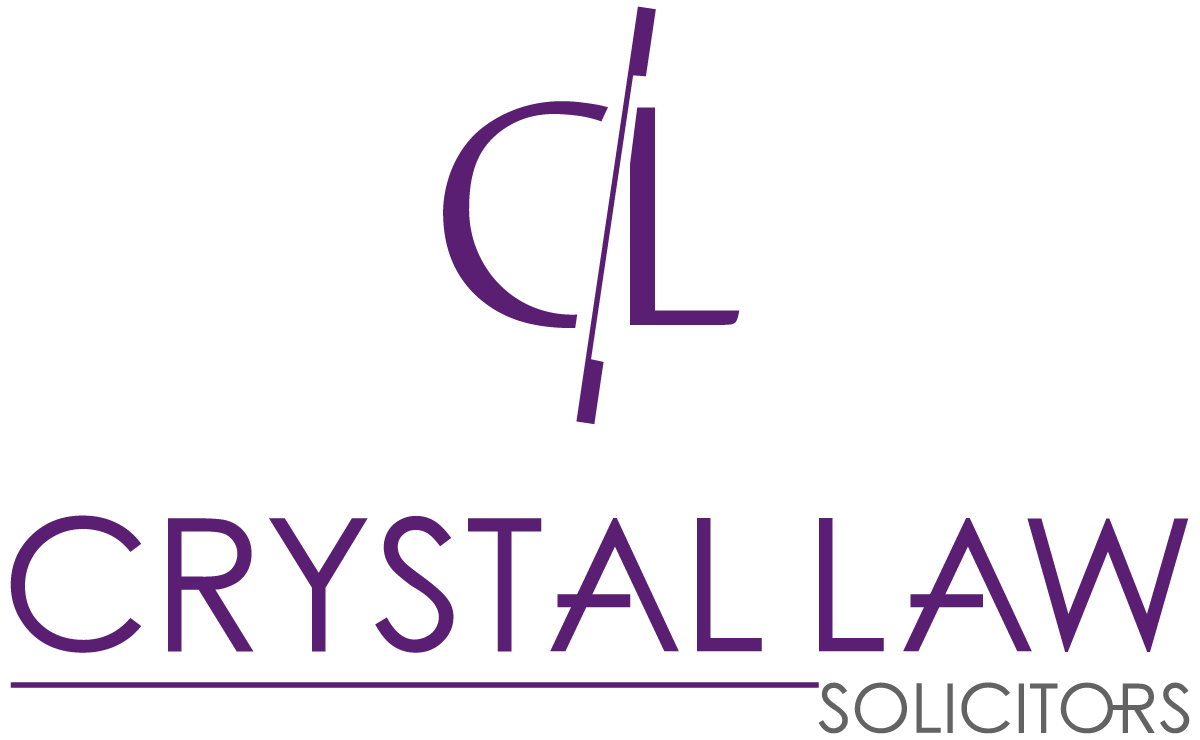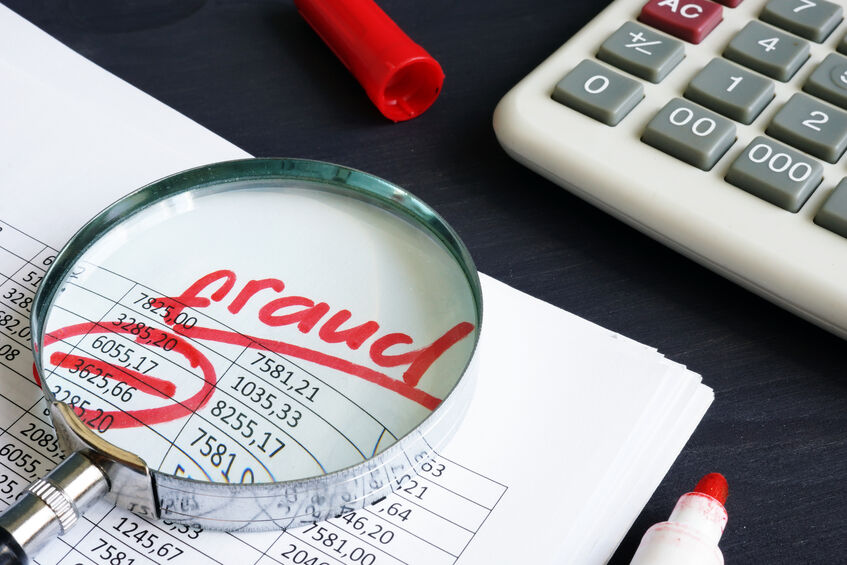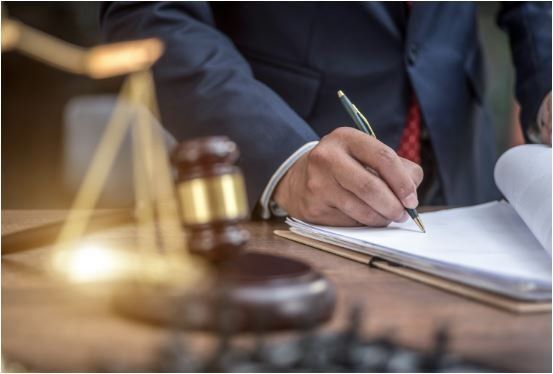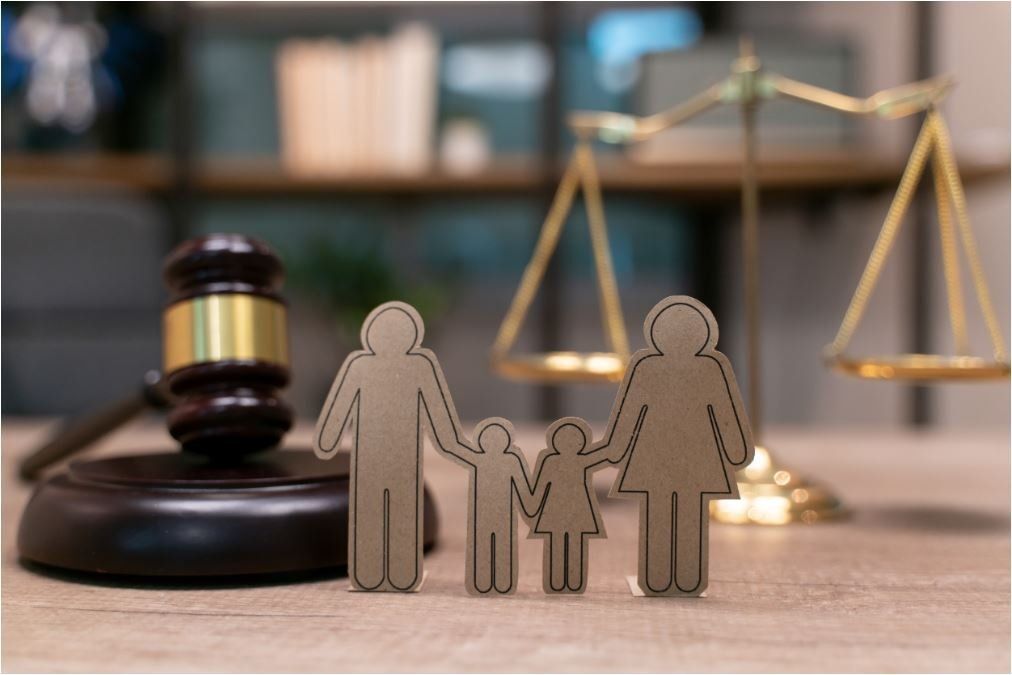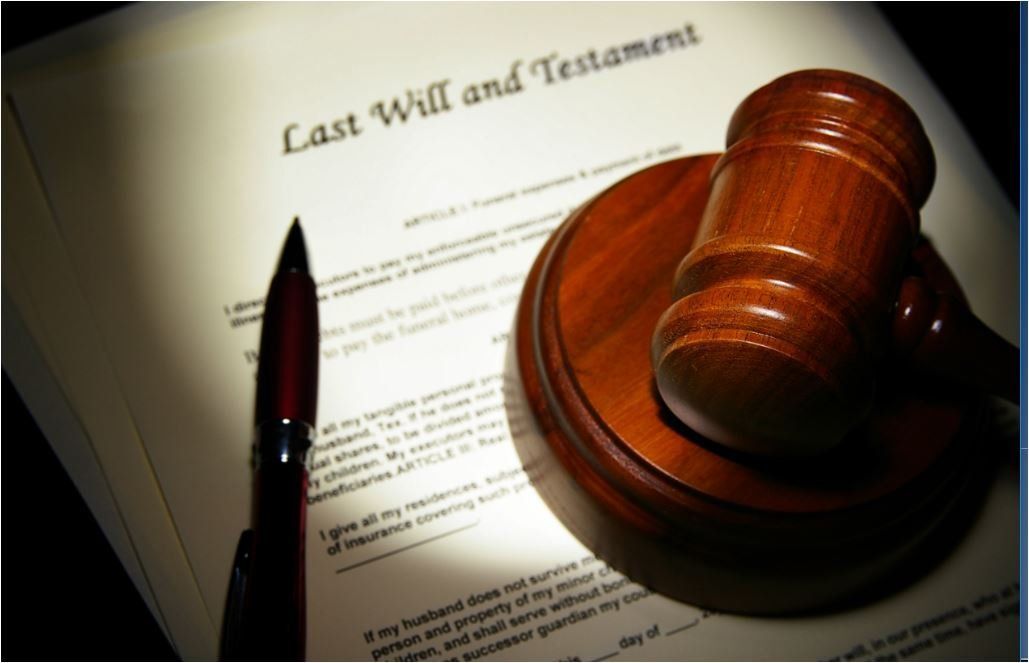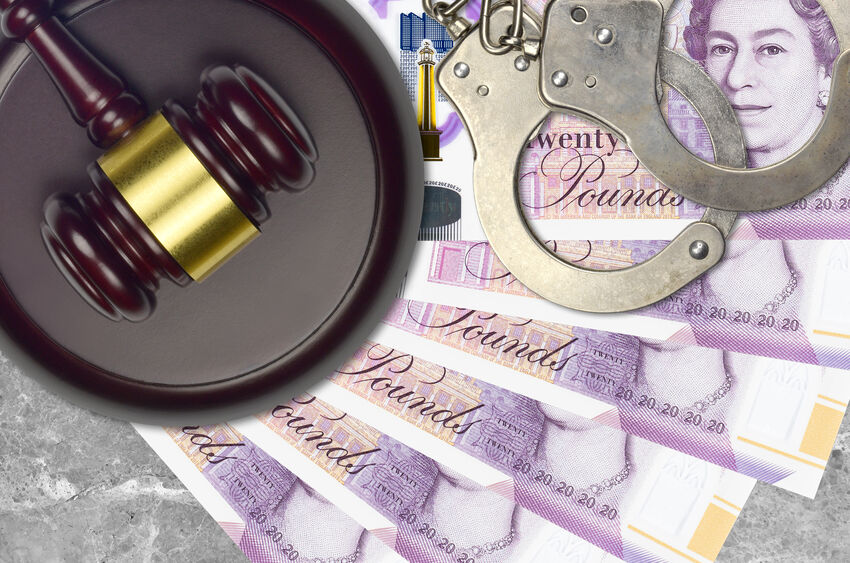If you have been accused of benefit fraud, this is undoubtedly an unsettling and scary thing to experience.
Understanding what comes during a benefit fraud investigation process can help you to prepare for your defence and give you some much-needed clarity regarding what it is investigators will be seeking. Certainly, this will likely be a stressful time for you, but with the correct information, you can make sure that your case has a good chance of being resolved and that you reach a desirable outcome. With this in mind, we outline to you our guidance on dealing with a benefit fraud accusation.
What is benefit fraud?
In general, benefit fraud is characterised as being committed when someone has claimed benefits to which they were not entitled to with the intention of doing so, an example being, by not reporting a change in circumstances or by providing false information.
In this scenario, benefits fraud could be carried out when an individual fakes an illness or an injury which may prevent them from working, so they can, in turn, claim unemployment benefit. Benefit fraud may also be committed if someone fails to report that they are living with someone who contributes to the household income, so they can protect any tax benefits they receive.
In each of these circumstances, what is key is that a person will be receiving a benefit, a payment or a tax break, that they are not entitled to.
What happens during the investigation process?
If an individual has reported you for benefit fraud, but you are a genuine claimant, there is very little to be concerned about. However, it is understandable that this situation may make you feel unsettled, regardless of if you know you have done nothing illegal. The first thing to do is to stay calm. Benefit fraud investigation processes can take a while – so it is crucial that you stay as calm and collected as possible to lower the impact of the investigation process on other areas of your life.
A typical benefit fraud investigation process will involve several stages.
These will often include the following:
Contact from the relevant agency
In the first instance, you will be called by the specific agency who is responsible for the benefit case involved. In most scenarios, this will often be the Department for Work and Pensions (DWP), HM Revenue and Customs (HMRC), the Service and Personnel and Veterans Agency, or your local authority concerned. The exact mode of contact will vary depending on the agency involved, the urgency of the case, and what contact information the agency possesses relating to you.
If the agency repeatedly tries to reach out to you via one means of communication, says the regular post, and they receive no contact, they may need to turn to another form of communication, for example, over the phone.
Potential stopping of benefits
Depending on the specific nature of the claim, at hand and what the benefit concerned covers, the relevant agency may stop your benefits throughout the investigation process itself. Sadly, there is very little that can be done at this stage to reinstate any of your benefits, however, you will get a letter from the relevant agency informing you about what is going to happen. Several charities exist to assist people who have had their benefits stopped for one reason or another, so there should always be somewhere to turn, especially if your benefit impacts factors such as having somewhere safe to sleep or being able to feed and clothe children.
Whenever you speak to the relevant authorities regarding your case, be sure you are represented by a solicitor. They will guide you on what to say and to what extent and detail. You need to either exercise your legal right to silence or answer questions honestly to the best of your ability. If you do not know the answer to a particular question, or if you do not understand it, make sure to say so or do not comment.
More investigation and fact gathering
Once the authorities have got in touch with you, they may continue to collate facts about your case. What is then to take place depends. The officer’s actions vary in each case, and it will often vary from surveillance to interviewing people who have information regarding your benefits or perhaps just people who know you. In serious cases – for example, those involving potential criminal gang culture, demand a more intense level of investigation, and as such, it is likely that deep investigations into personal and professional lives will only occur in more serious scenarios. It is recommended that you ask a solicitor about cases similar to yours that they may have taken on (understanding that they cannot divulge specific personal details, of course).
What happens when the investigation process is complete?
Once the process is complete, the relevant agency will let you know about the outcome of your benefit fraud investigation process. While it could seem like the case is taking a while, consider that the agencies will be fully aware of how serious the consequences could be for your personal circumstances, so they are trying to do the investigation as quickly as possible and with as little disruption to your life as they can. When the case has been concluded with the investigation, they will let you know the outcome by post or by telephone, whichever they have used to contact you previously. At this point, if you have been found to have committed or attempted fraud, several things may happen:
● you may have to pay back the overpaid money
● you could be given a police caution
● you could be prosecuted at a Court of law, which could lead to a criminal conviction, a fine and the risk of imprisonment or an alternative community-based punishment
● you could have your benefits lowered or stopped
● If you have not been found to have committed or attempted fraud, any benefits that may have been stopped temporarily will be resumed and in the vast majority of cases you will be able to claim a back payment for the monies that you are owed. This could be the case even if you received help from a charity or friends and family while your regular payments were stopped
I have been falsely reported
Unfortunately, it is very common in the UK for people to be reported for benefit fraud maliciously. There are thousands of people around the UK who report someone else for benefit fraud, falsely claiming that they are ripping off the benefits’ system.
Between 2016 – 2018, the government received over 280,000 reports, but not one of them resulted in someone getting wrongly convicted. The main reason for this was a lack of evidence.
The government is fully aware of how serious a matter it is to be accused of swindling the system; not only would it mean that payments are halted (which could jeopardise things as fundamental as feeding and clothing children) but it could also lead to criminal consequences for the person accused, making it harder for them to find employment and educational opportunities.
For this very reason, every report will be taken seriously, and the government will only proceed if there is sufficient evidence. If someone has accused you of benefit fraud, and you are a genuine claimant, you likely have very little to be concerned about.
Have you been accused of benefit fraud? Crystal Law Solicitors can help with legal advice.
If you or someone you care about is facing an investigation process, it helps to get professional guidance regarding your situation. Such advice will not only help you to plan your next steps, but it is also likely to settle some major concerns you may have about the investigation and the impact it may have on your day-to-day life.

